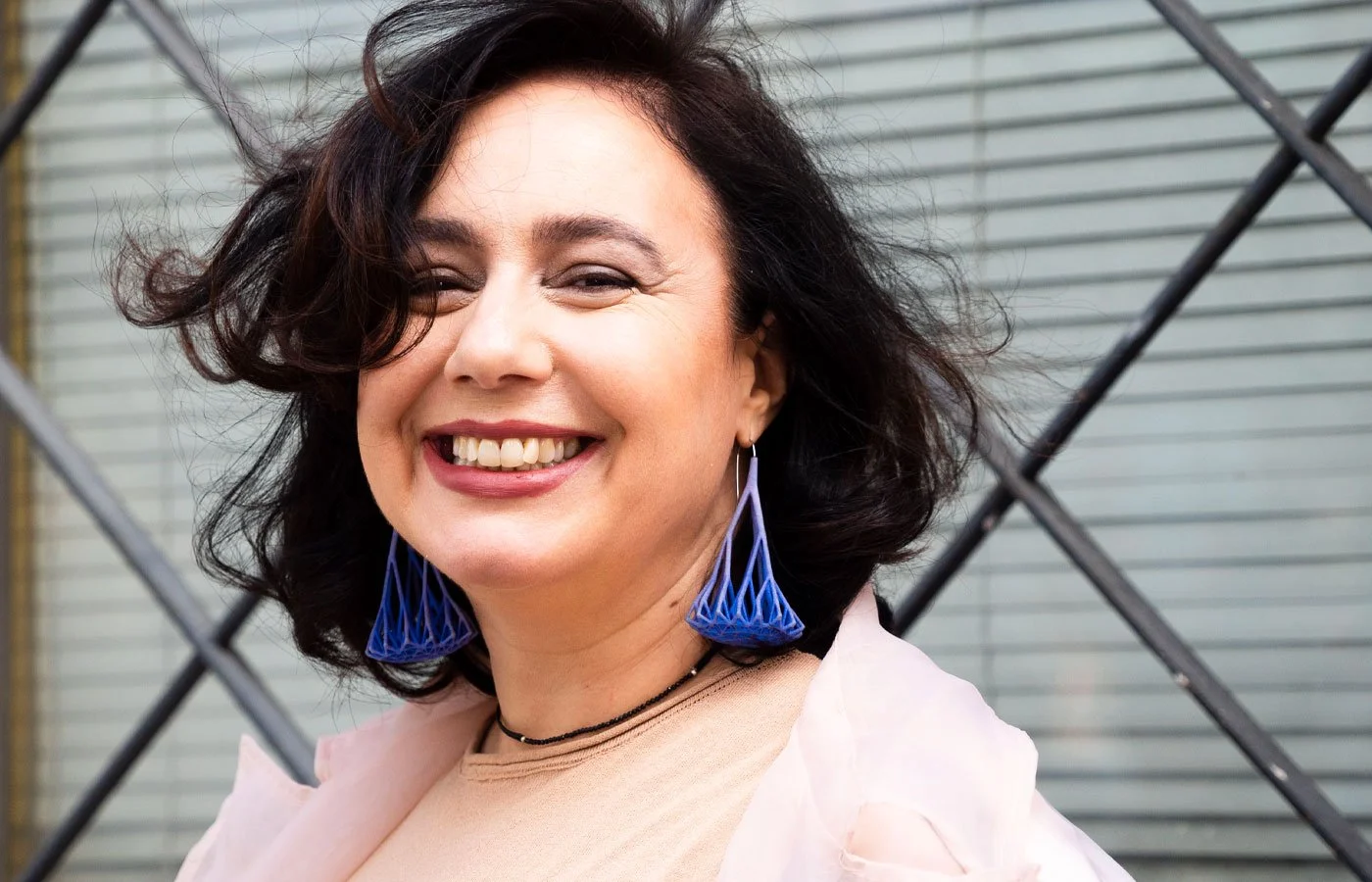On the 53rd Annual
Convention Theme
From the President
Bernadette Wegenstein, The Johns Hopkins University
Who cares?
When I first came to the U.S. as a post-doc at Stanford University in 1998, I wasn’t very fluent in English. My native languages were German and Italian, and as a philologist of Romance Languages I had studied all other Romance languages as well as some non-Indo-European languages within my PhD in Linguistics. English was the language I had never even thought much about. At Stanford, though, it immediately struck me how fast I fell into its colloquialisms. “Who cares?” was one of them. I came to like this phrase and its connotations, as they made me feel a bit revolutionary, anarchical even. I was doing things and did not worry about who else cared that I did them. Growing up in Vienna, what I did in the public realm was cared about a lot. I had to do curtsies to greet adults, and when I picked up the phone at my house, a square green device with digital buttons that said “beep, boop, bööp,” I was made to say things like “Bernadette Wegenstein on the ‘apparatus.’ Who am I speaking with?” that made me sound like the soon to be murdered housewife out of a fifties movie like The Awful Dr. Orloff. (It was the Eighties actually.) So “who cares” that I am walking in my pajamas to Safeway in Menlo Park, and “who cares” that I am speaking with a heavy accent that nobody at Stanford was investigating as “foreign,” and “who cares” that I was presenting myself as a young woman and not a man? These were the kind of liberating thoughts I associated at that time with the phrase “who cares.”
Twenty years later, the English word care and the meaning universe that I associated it with at Stanford has changed, if not even become its opposite. It turned from meaning “freedom,” “self-sufficiency,” and “anonymity” to the meanings that the word had when I did not speak English yet, but thought of the German Sorge and the Italian preoccupazione. In German, “care” means Sorge (which is related to English “sorrow”). Its first denotation is heavy and filled with notions of interdependency with the world and an anxiety and preoccupation with the immediate future: “an oppressive feeling of inner unrest and anxiety that is incited by an uncomfortable, difficult situation that weighs on you or that you worry will weigh on you in the near future.” The second denotation turns from inward to outward: “Shepherding, provisioning, aid and support that someone offers someone else or to an issue” (translated from German on Digitales Wörterbuch der deutschen Sprache https://www.dwds.de/wb/Sorge). This is a form of care where the unsettled anxious self is looking to reach out and help others and the other(ing) world.
Interdependence, Empathy, Vulnerability, Wellbeing, DisAbility and Care, Romantic Caring, Care in Queer Communities, Care With(Out) and Against the State, Practices of Care in today’s Animal Knowledge, Vulnerable and Intimate Imaginations of the Future, Making Space for Care, Care for Others – Care for Ourselves, Uses and Misuses of Care, Worlds of Care, Mindfulness, Writers Caring for the Environment, Technologies of Care, Frames of Care, Care for Posthumans and Machines, Maternal Care, Ethics of Representing Care, Politics of Care, Caring for lost Writers, Discourses of Care, Networks of Care, Infrastructures of Care, Eco-ethical Care.
These are some of the titles and subtitles of our panels, roundtables, and seminars at the upcoming 53rd NeMLA convention taking place March 10-13, 2022, in Baltimore. They could have come out of the etymology for Sorge, the first denotation, the one that feels a deep unrest, a preoccupation with the world and its immediate future. When I read these just the other day, I realized that “care,” as I learned the word twenty years ago when feeling “care-free,” no longer means the same thing. The kind of care reflected in this year’s convention is directed to something else, something or someone that is about to happen, soon, but also something and someone who was affected in the past and needs to be accounted for and thought about now, in new ways.
NeMLA, gives us a small glimpse into the world of cultures through the lens of academia. The panels and roundtables and events this coming year show us that in our (post) humanity we have a lot of things to solve, and that Sorge is being applied by them in its second German denotation as a search for provision, aid, and support: how do we navigate trauma? How do we make room for queer ecology when reading past literatures? How do we witness in a decolonial way? How do we account for nonhumanity in the Anthropocene? How do we account for invisible labor, gender violence, and victimhood in forgotten genocides? How can we re-imagine global identities and global citizenship? How does Afro- and African-futurism imagine our immediate future?
It could not be a better year to celebrate our keynote speakers to inaugurate NeMLA 2022: renowned American philosopher Judith Butler, whose work centers on care and questions of interdependency in such a beautiful and approachable way, and Mexican writer Valeria Luiselli, who focuses most poetically and innovatively on migration and trauma in her book Lost Children’s Archive.
I welcome you in the voice of my old Austrian self speaking into the telephone “apparatus” many, many years ago: “This is Bernadette Wegenstein from the global village of US academia. How can I direct your call toward an immediate future of care and Sorge?”
I look forward to seeing you in in person Baltimore!

